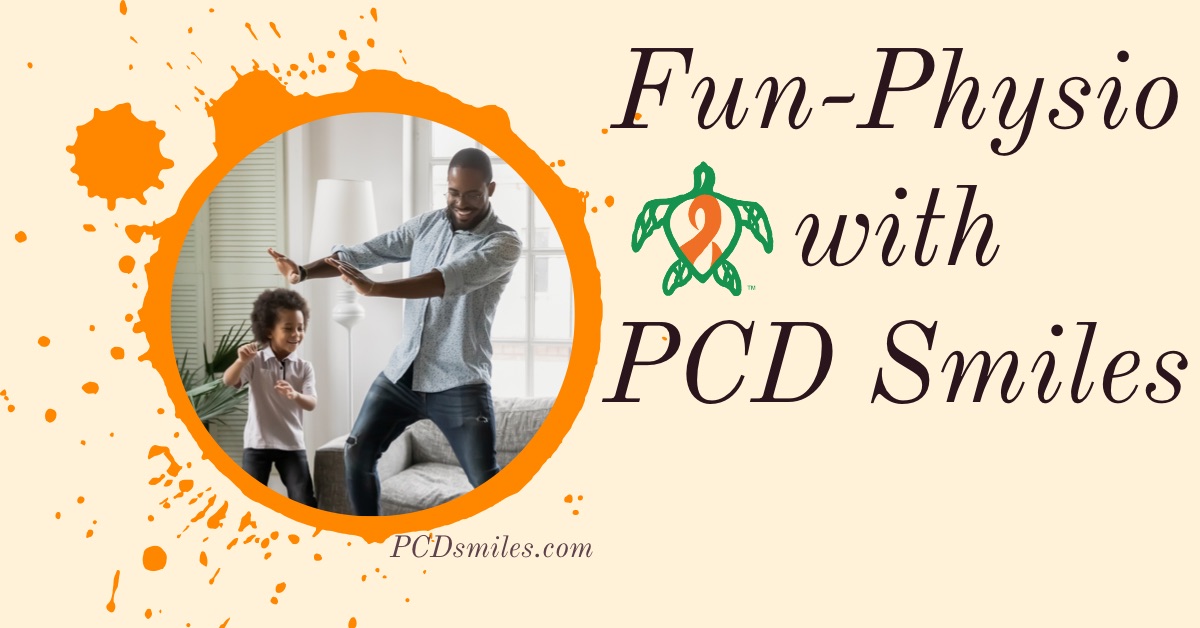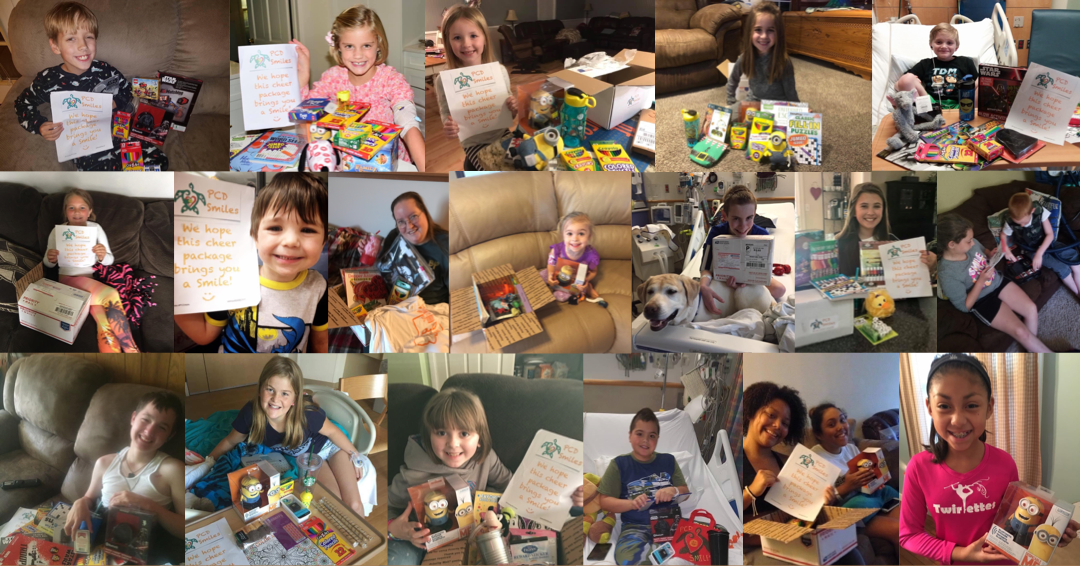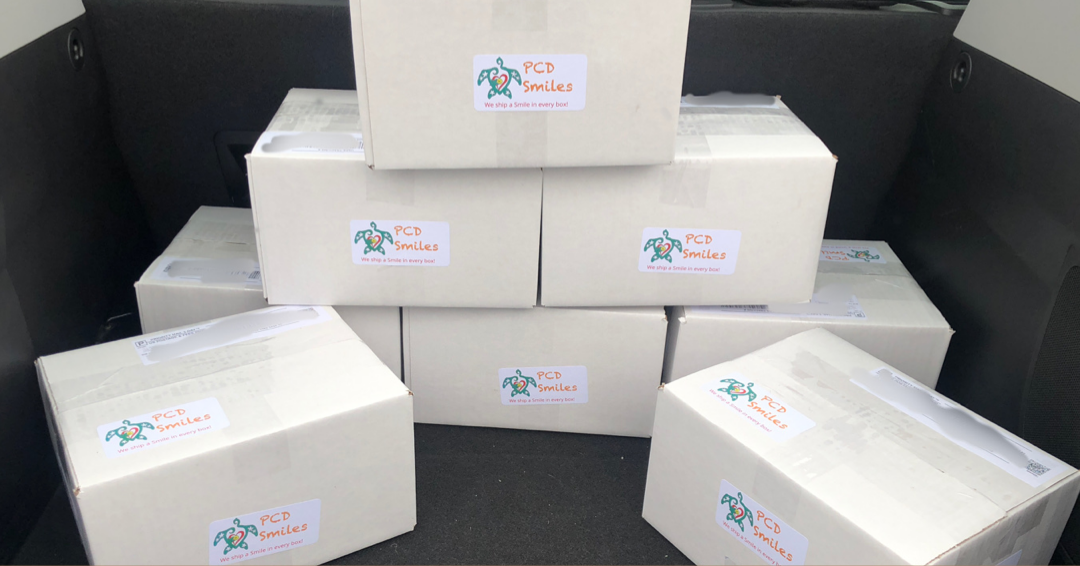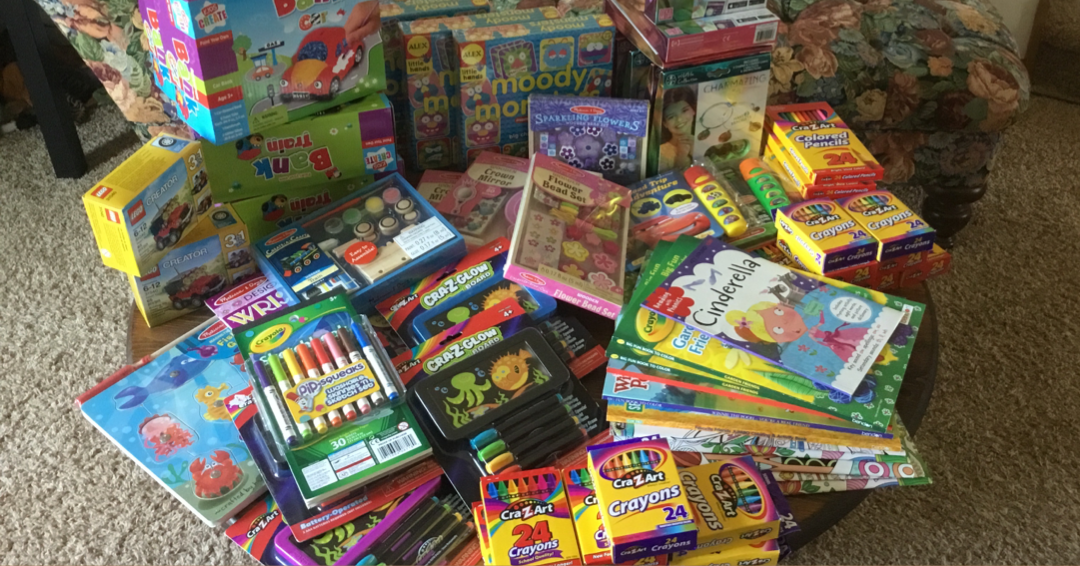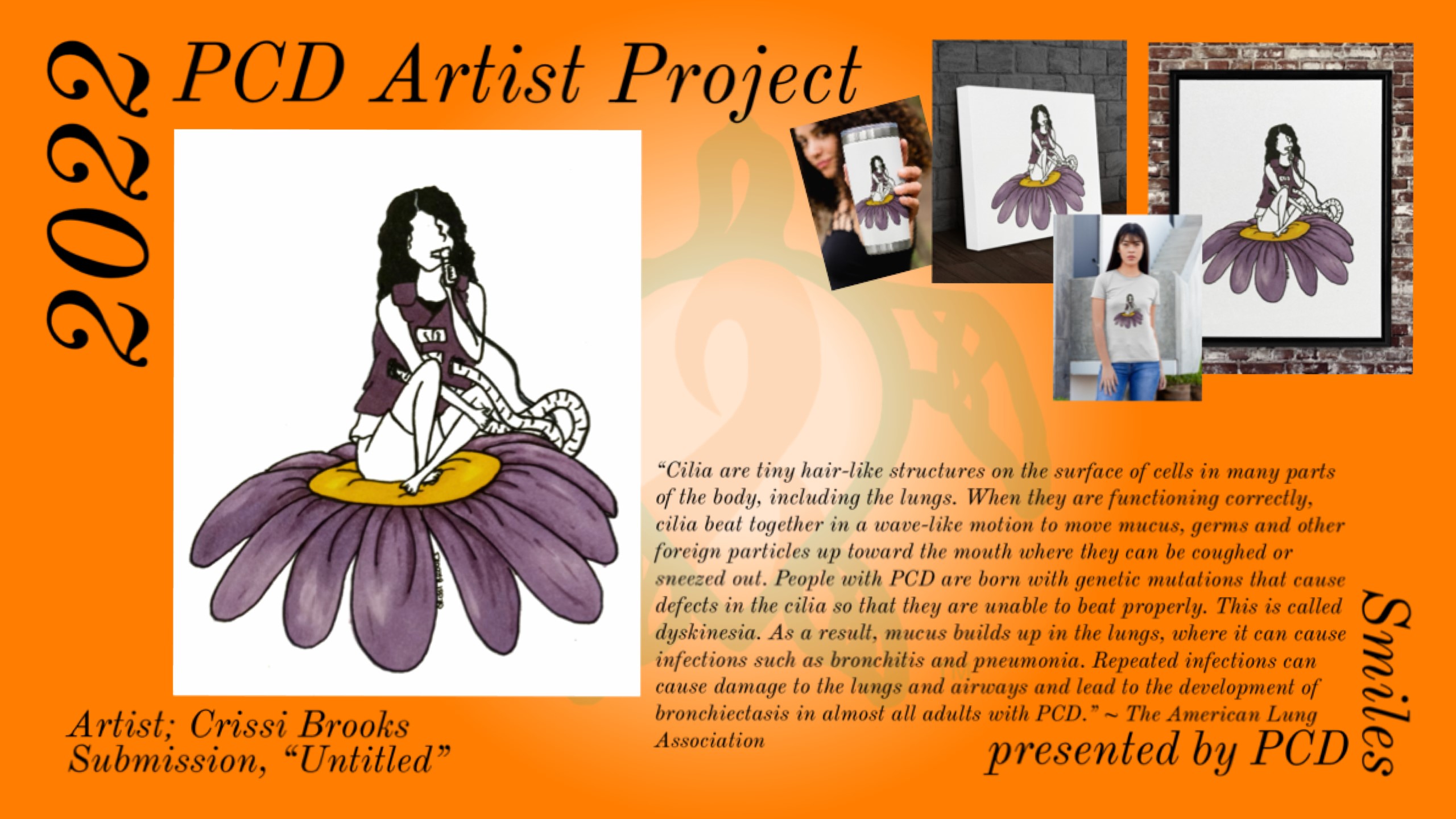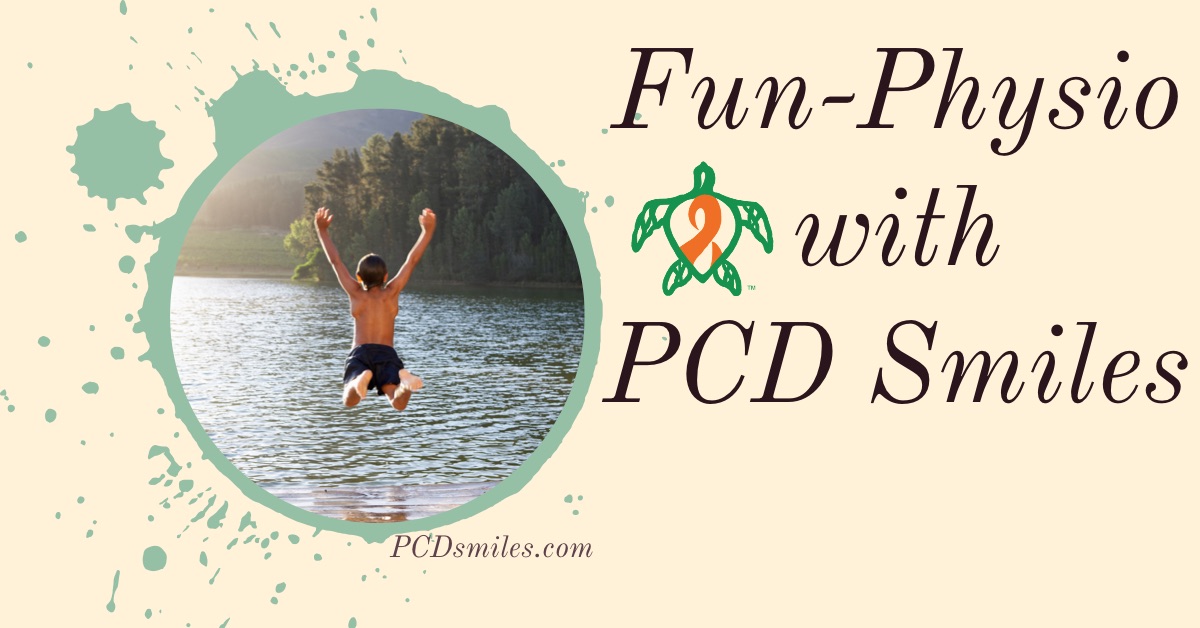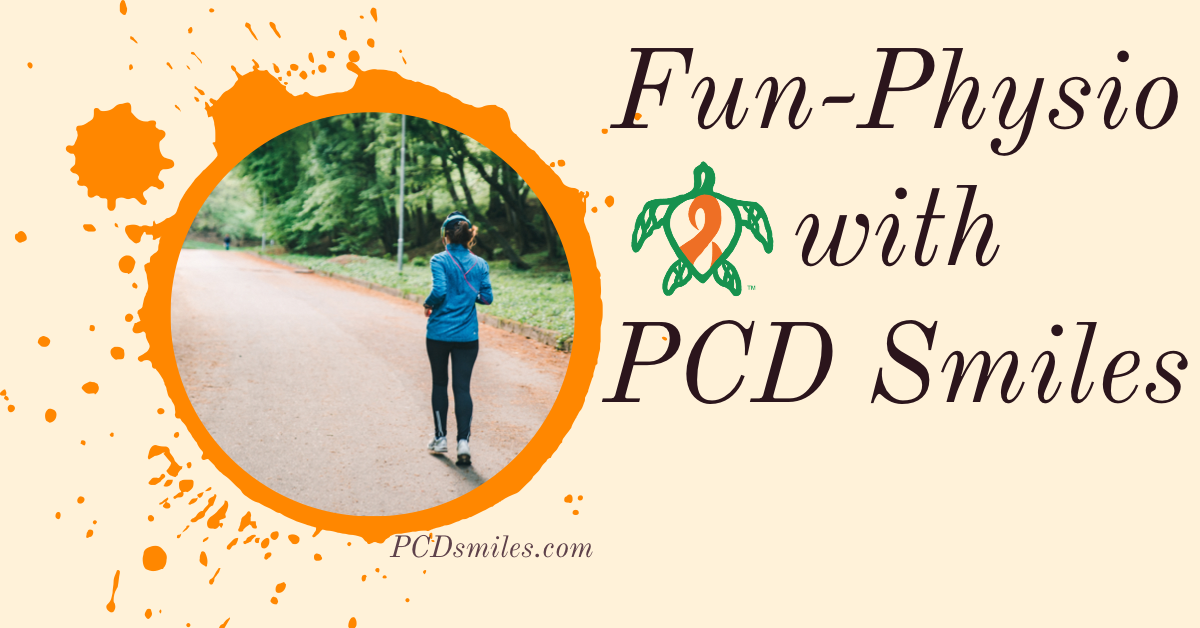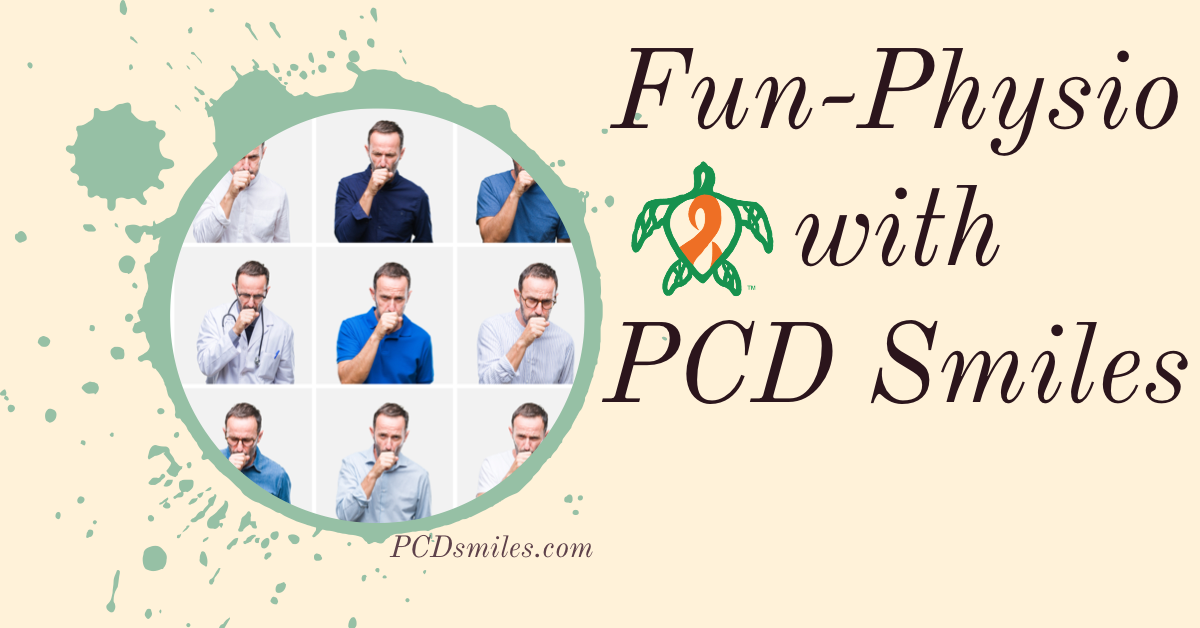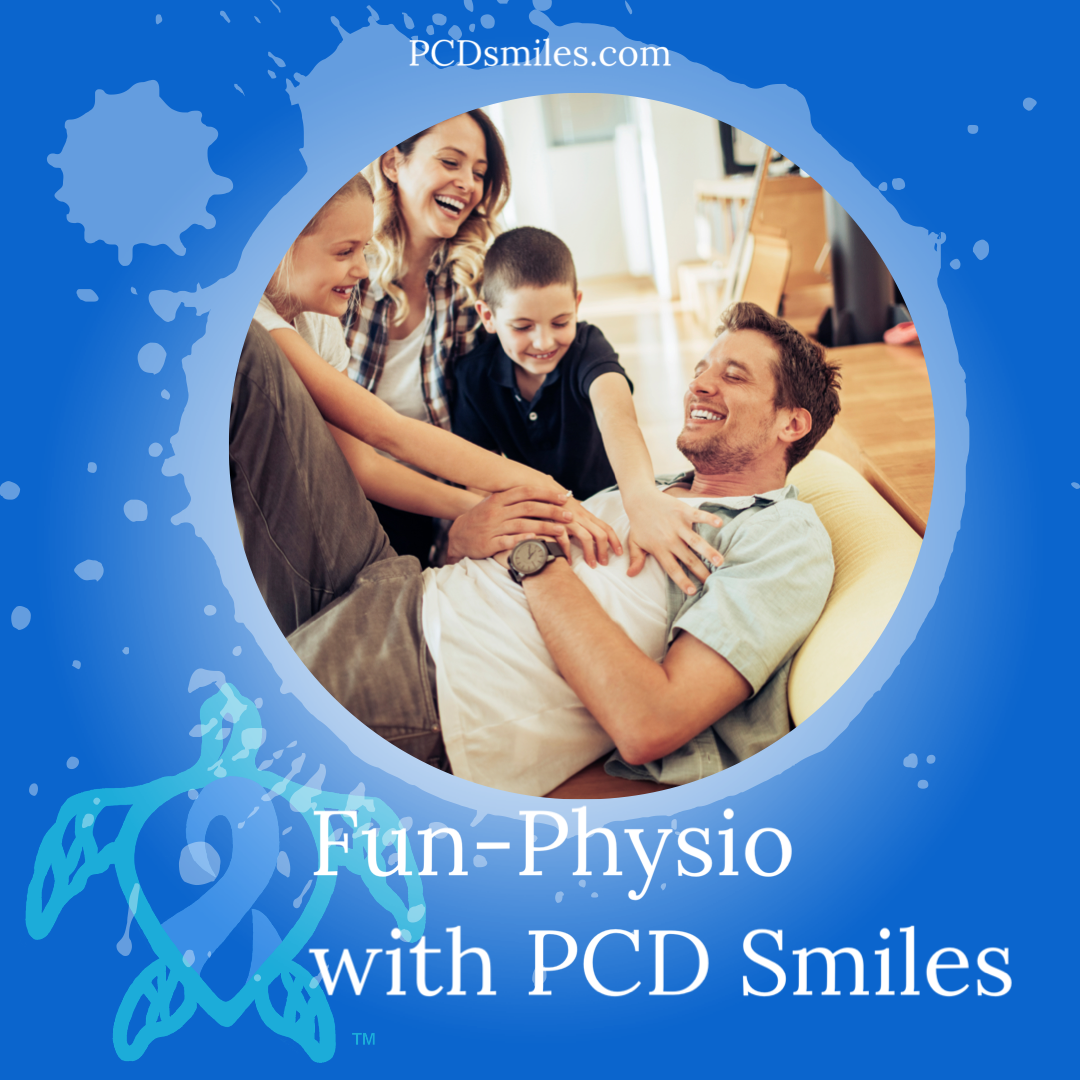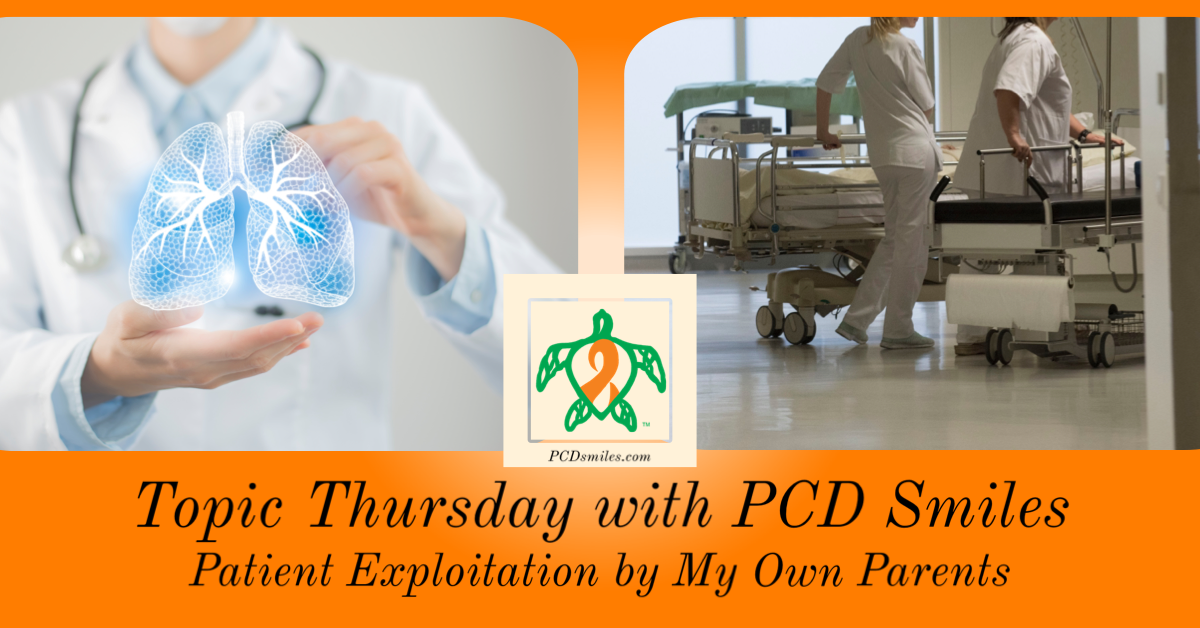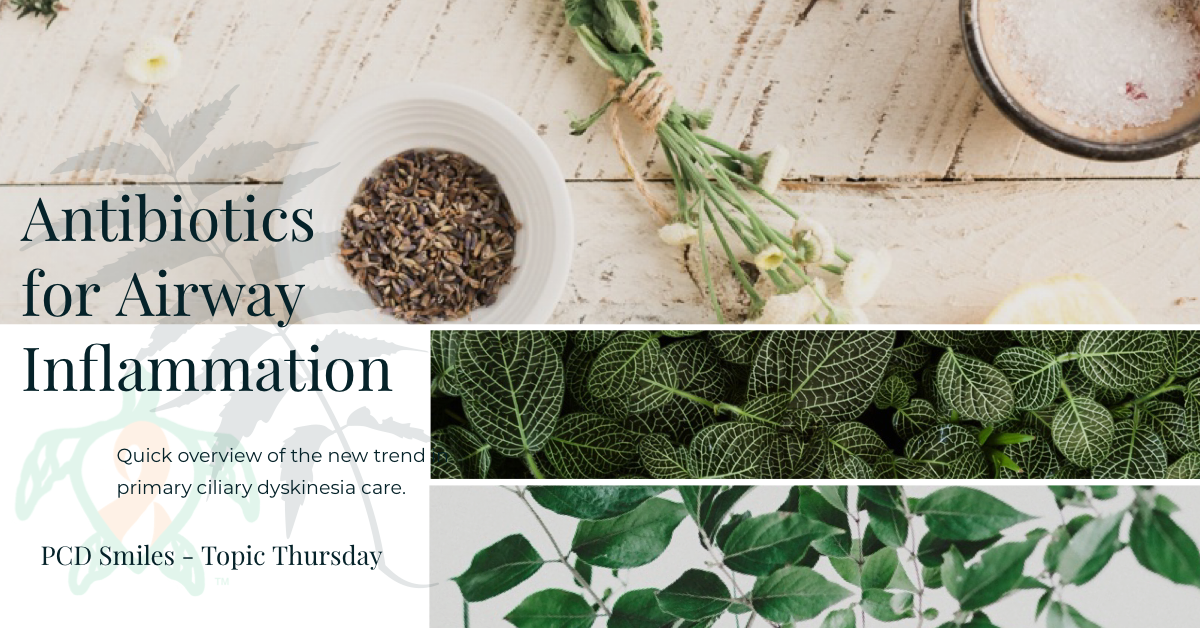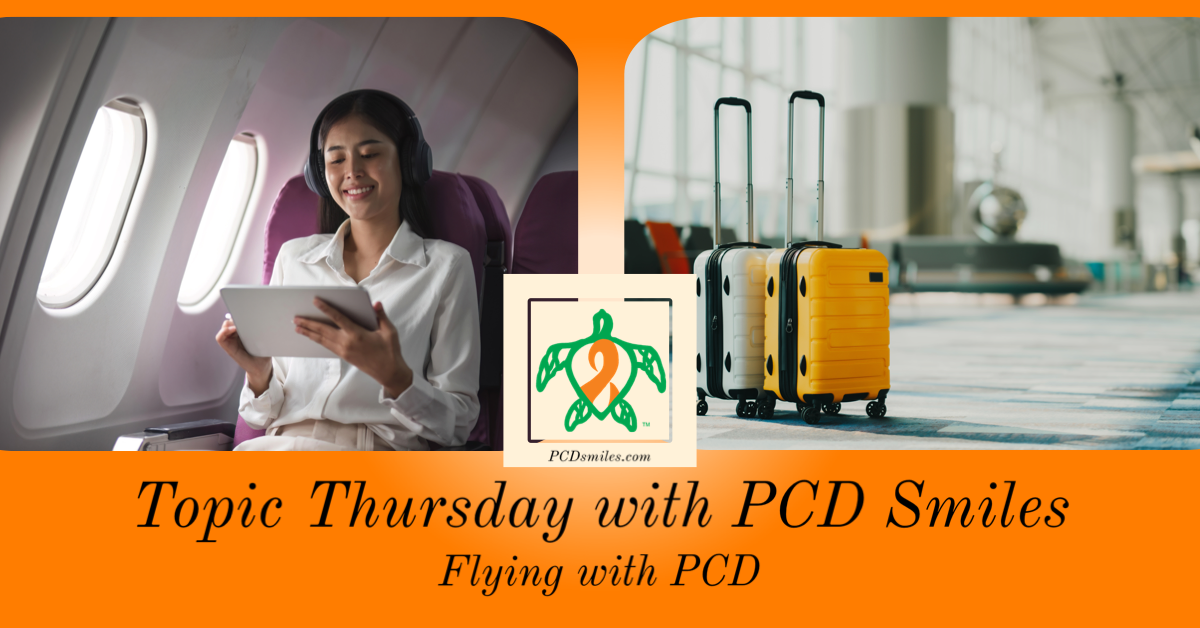Coughing games? Come on! Seriously? Yes I’m dead serious. Most of you don’t know me personally. I grew up in a family with mentally ill parents. It was the worst combination ever according to my medical team. Parents that were a combination of manic depressive, bipolar, and fictitious disorder. I was constantly punished for coughing, and I actually had primary ciliary dyskinesia. A genetic disorder that requires coughing to assist the body’s mucociliary escalator. I’m not going to lie here, I was actually physically punished (hit) for my coughing. I vividly remember running and hiding as far away from my parent as I could and burying my head deep into pillow, hanging clothes as I hid in the closet, and even sneaking outside to cough at the furthest edge of our yard (I was six at the time.) Coughing for a PCD patient should be normalized and made to be fun in PCD care. Let me tell you why…
The human body has this wonderful automatic mechanism that protects our airways. It’s called the mucociliary escalator. The mucociliary escalator consists of mucus and cilia. When we breath in particles, bacteria, viruses, and other debris the mucus which coats the airways to hydrated and protect the airways traps these particles, bacteria, viruses, and other debris. Then in a coordinated beat pattern the cilia beat together to carry the debris filled mucus up and out of the airways to the throat just like an escalator carries people from on floor to the next. Once the mucus is moved out of the airways the human body swallows it naturally. This process all happens unbeknownst to the person every single minute of the day. The human body makes 1.5 quarts of mucus naturally every single day. Humans swallow it without realizing it unless they are sick? Why sick? It’s because the body’s reaction to a change in mucus consistency, inflammation, or infectious process in the airways is to make even more mucus to clear out the stuck, stick, or infections mucus. Basically it clears the airways and the person may or may not develop a cough. Coughing helps the mucociliary escalator clear out the thicker sticky mucus. This is the body process for a healthy human being.
However in primary ciliary dyskinesia the cilia in the mucociliary escalator are not pulling their weight for some reason or another. This reason varies depending on which gene defect for PCD a person has. In essence our mucociliary escalator is broken. Another unique feature of PCD is that we seem to maintain our cough clearance which is a great benefit, because it enables us to aid our broken mucociliary escalator to allow us better manually airway clearance on our own. While there is no known cure to date for PCD or gene modifier medications either for that fact like seen in cystic fibrosis community, the mainstay of PCD care is prompt treatment of symptoms to prevent lasting tissue damage in the body including the airways. The goal of these prompt treatments are to get the PCD patient coughing to clear their clogged airways. You can give a patient antibiotics for a lung infection, but if they don’t cough out that infection, even if one little colony of the bacteria remains behind, as soon as the antibiotics or aggressive treatments are stoped or slowed down those bacteria left behind begin to flare up again. It becomes a vicious cycle. Coughing in PCD care is essential. It’s also why cough suppression in PCD can be dangerous and have lasting lifelong impacts. Coughing is ESSENTIAL to maintaining healthy airways when your mucociliary escalator is broken.
With all this being said, there does come a time that your team may, and I stress MAY, recommend a very brief period of rest via cough suppression. This is typical during a bad flu, cold, or otherwise deemed by a Licensed Physician who is a PCD Expert where the patient has been evaluated and determined that their respiratory muscles are tiring out and they have a non-productive cough. Meaning they aren’t moving any secretions and their respiratory system is exhausted. This can lead to dangerous situations for the patient. It’s important if you think your PCD loved one is getting too tired with their constant coughing and they are really sick that your loved one be immediately evaluated by a pulmonologist with PCD or CF knowledge. You should never provide cough suppression to a PCD patient on your own, you should always consult your loved one’s medical team. Sure suppression right now might relieve your loved one’s discomfort or your discomfort at hearing them cough, but long term like twenty years long term you might come to regret your willingness to freely hand your PCD loved one that cough suppression or cough drop.
Now how do we make coughing fun? Use your imagination and invent coughing games, competitions, or other activities like tickling contests, running games, or search or Physiotherapy column at PCD Smiles for more ideas. There are tons of airway clearance techniques and tons of outside the box ideas as well. Experiment today and put the fun back into your life. Remember airway hygiene is an important part of primary ciliary dyskinesia care. The worst thing you can do is turn coughing into a four letter word for your family or circle of friends and family. Your PCD loved one NEEDS to cough to stay healthy. If you’re struggling to get your child engaged with their airway clearance techniques try turning airway clearance into play, it could help lessen the burden of persuading your child to do their treatments. If you’re an adult, remember that the best airway clearance technique for you is the one that you will actually do.
Join our Facebook group Turtle Talk Café today, click here.
We have several ways that you can donate to PCD Smiles;
- Visit Smile E. Turtle's Amazon Wishlist; https://www.amazon.com/hz/wishlist/ls/KNO9BAJR74I4?ref_=wl_share
- For more information on how you can donate, please visit our "Donation" page to check out our "Do & Don't policies at; http://www.pcdsmiles.com/support-pcdsmiles/donations2
- To sponsor a PCD Smiles Cheer-box today!
https://store.pcdstyle.com/21-donations
- To shop for your “Official” turtle care ribbon gear today!
www.pcdstyle.com
or
https://www.smileecove.com/stores/cove
Thank you for your consideration!
#PCDsmiles #PCDstyle #PCDsmilesCookbook #PrimaryCiliaryDyskinesia #SmileEcove #TurtleTalk #TurtleTalkCafe #PCD#FunPhysioWithPCD
#PCDawareness to help find a #cure4PCD!
